“Dirty Old Town” is a timeless ballad often heard in traditional Irish music sessions, though its origins lie outside Ireland. Written in 1949 by British songwriter Ewan MacColl, the song captures the gritty, industrial atmosphere of Salford, England, where MacColl grew up. Despite its specific setting, the song’s evocative lyrics and haunting melody have resonated widely, becoming a favorite in folk and Irish music circles. Its enduring appeal stems from its universal themes of love, longing, and resilience amid hardship, making it a staple in the repertoire of session musicians and performers worldwide.
Dirty Old Town
Key
G Maj.
Tune Type
Song
History
“Dirty Old Town” is a song with a fascinating history that blends political, personal, and cultural elements. It was written in 1949 by Ewan MacColl, a British singer, songwriter, and playwright, who is considered a significant figure in the folk revival movement. MacColl penned the song as a backdrop for a play titled Landscape with Chimneys, which focused on life in his hometown of Salford, England—a gritty industrial city near Manchester.
.The lyrics paint a vivid picture of the working-class environment in post-war Britain, with its smokestacks, factories, and grimy streets. Despite this, the song is also a tender expression of longing and a yearning for something better. The song’s juxtaposition of harsh industrial imagery with moments of personal connection and beauty gives it a timeless and universal appeal.
.Although the song was originally written about Salford, it quickly transcended its geographical origins. Its evocative lyrics resonated with people living in industrial and working-class settings worldwide, including Ireland, where it became deeply embraced. This connection is partly due to its performance and recording by prominent Irish folk groups like The Dubliners and The Pogues. The latter’s raw, punk-infused rendition brought the song to an even broader audience in the 1980s.
.Over the decades, “Dirty Old Town” has become a standard in traditional Irish music sessions and folk repertoires. Its adaptability, simple structure, and emotional depth make it a favorite for musicians and listeners alike, cementing its status as a song that bridges cultures while remaining true to its roots.
Also Known As
“Dirty Old Town” is widely recognized by its original name and does not commonly go by other titles. Unlike many traditional folk tunes that develop multiple names over time, this song’s association with its writer, Ewan MacColl, and its lyrical content have kept its title consistent. In rare instances, it might be casually referred to in sessions by descriptive phrases such as “That Salford Song” or “The Industrial Ballad,” but these are not widely used. Its title is a cornerstone of its identity in the folk and Irish music world.
Lyrics
I met my love by the gas works wall
Dreamed a dream by the old canal
I kissed my girl by the factory wall
Dirty old town, dirty old town
.Clouds are drifting across the moon Cats are prowling on their beat Springs a girl from the streets at night Dirty old town, dirty old town
.I heard a siren from the docks Saw a train set the night on fire I smelled the spring on the smoky wind Dirty old town, dirty old town
.I’m gonna make me a big sharp axe Shining steel tempered in the fire I’ll chop you down like an old dead tree Dirty old town, dirty old town
.I met my love by the gas works wall Dreamed a dream by the old canal I kissed my girl by the factory wall Dirty old town, dirty old town Dirty old town, dirty old town
Comment On This Tune
We'd Love To Hear From You


Responses